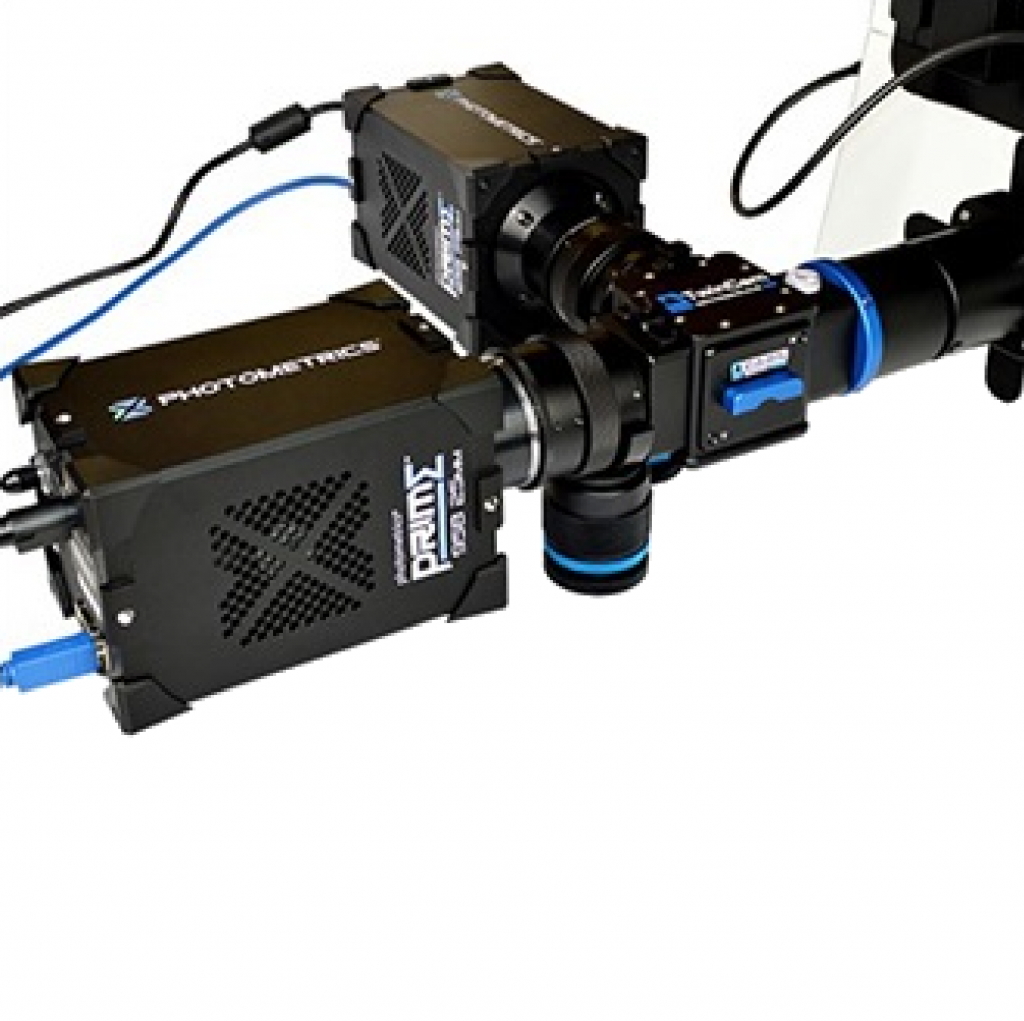What Is A Remote Learning Seminar?
Expand your knowledge and gain a more thorough understanding of scientific cameras.
Learn about the history and development of scientific imaging devices, how they work and what applications they can be used for. We will also cover topics such as sensor technology, interpreting datasheets and application matching.
Technology
Understand the different camera technologies, including how they’re designed and how they work.
CCD, EMCCD or CMOS? Learn and appreciate the differences between sensor technologies, including the relative advantages of back-illuminated and front-illuminated devices.
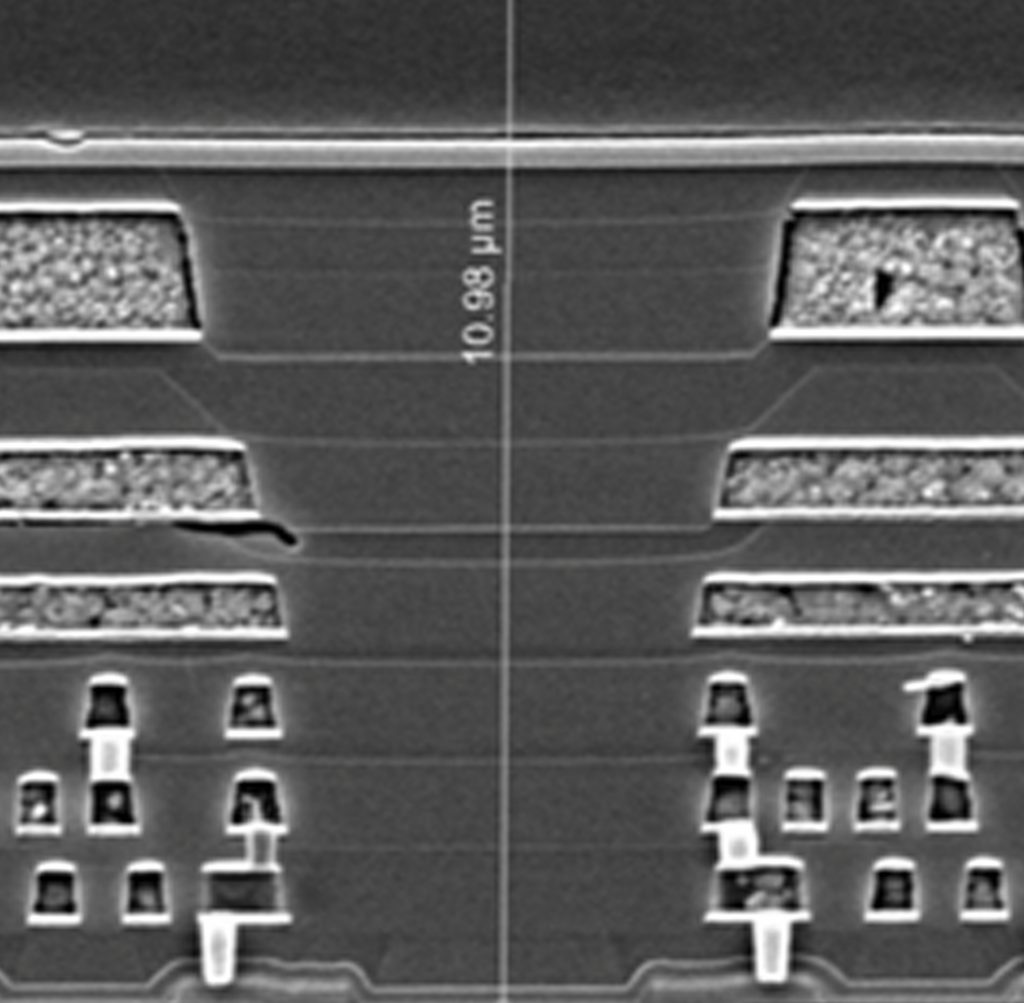
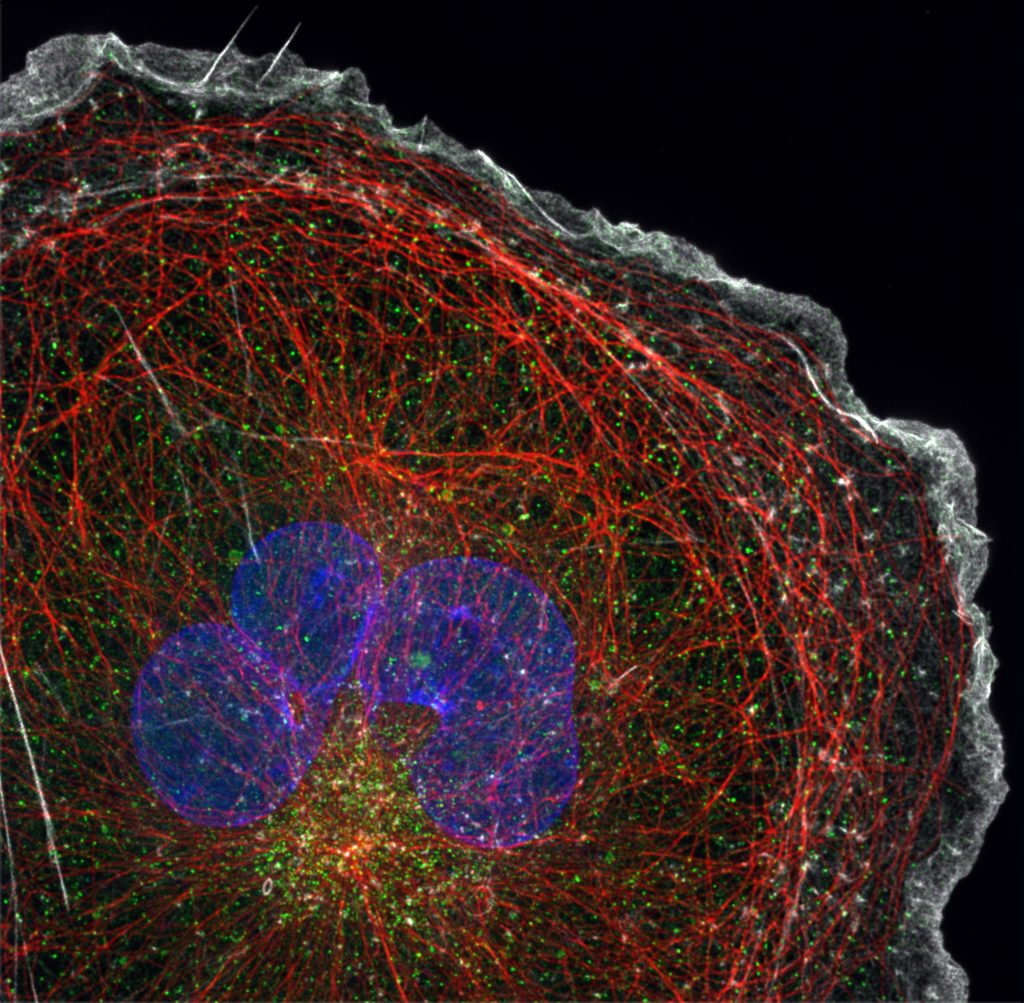
Applications
Discover which camera technology is best suited to your system and applications.
From large sample light-sheet microscopy to single-molecule imaging, learn more about which camera specifications are most suitable for your experiments.
Parameter breakdown
Gain a full understanding of all the camera parameters you’ll ever see on a datasheet or technical note.
Discover the meaning behind key camera performance metrics such as quantum efficiency and pixel size, and obtain the knowledge to compare different models through their specifications.
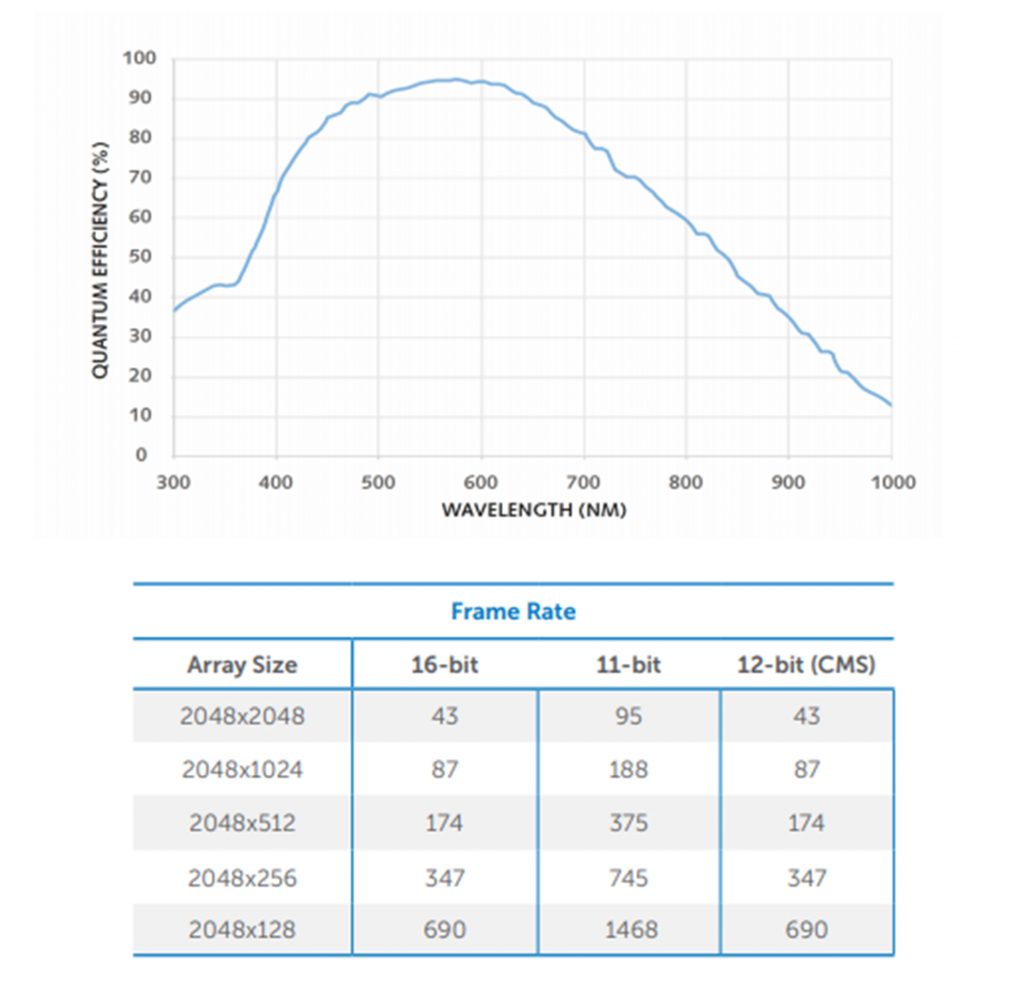
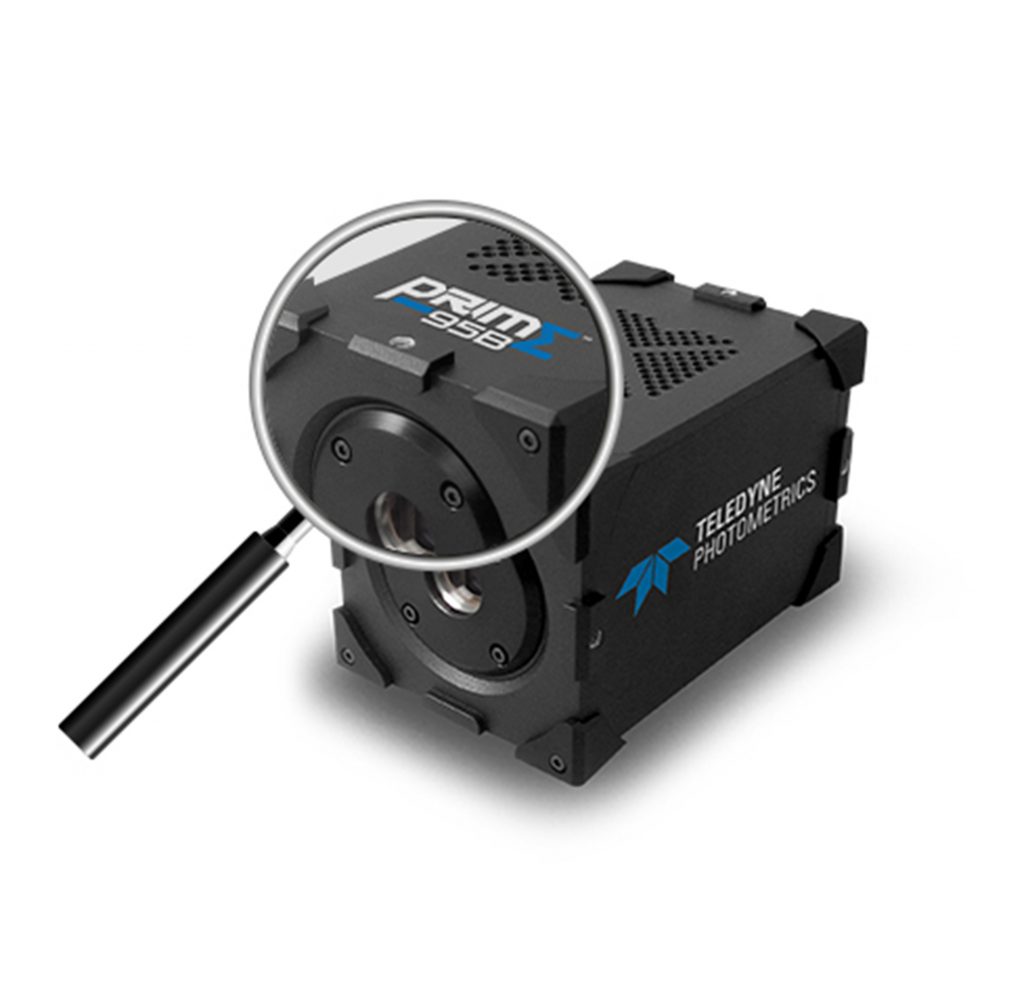
Optimizing camera performance
Make sure you’re getting the most out of your scientific camera and learn which factors can limit performance and bottleneck your system.
Find out how to select the best parameters for imaging, including choosing the right readout modes for your application and how to set-up triggering correctly.
Comparison
Learn how to effectively and quantifiably compare different camera technologies.
We will show you how to convert signal into electrons for true quantitative comparison and how image splitting devices can be used for easy head to head comparisons.
